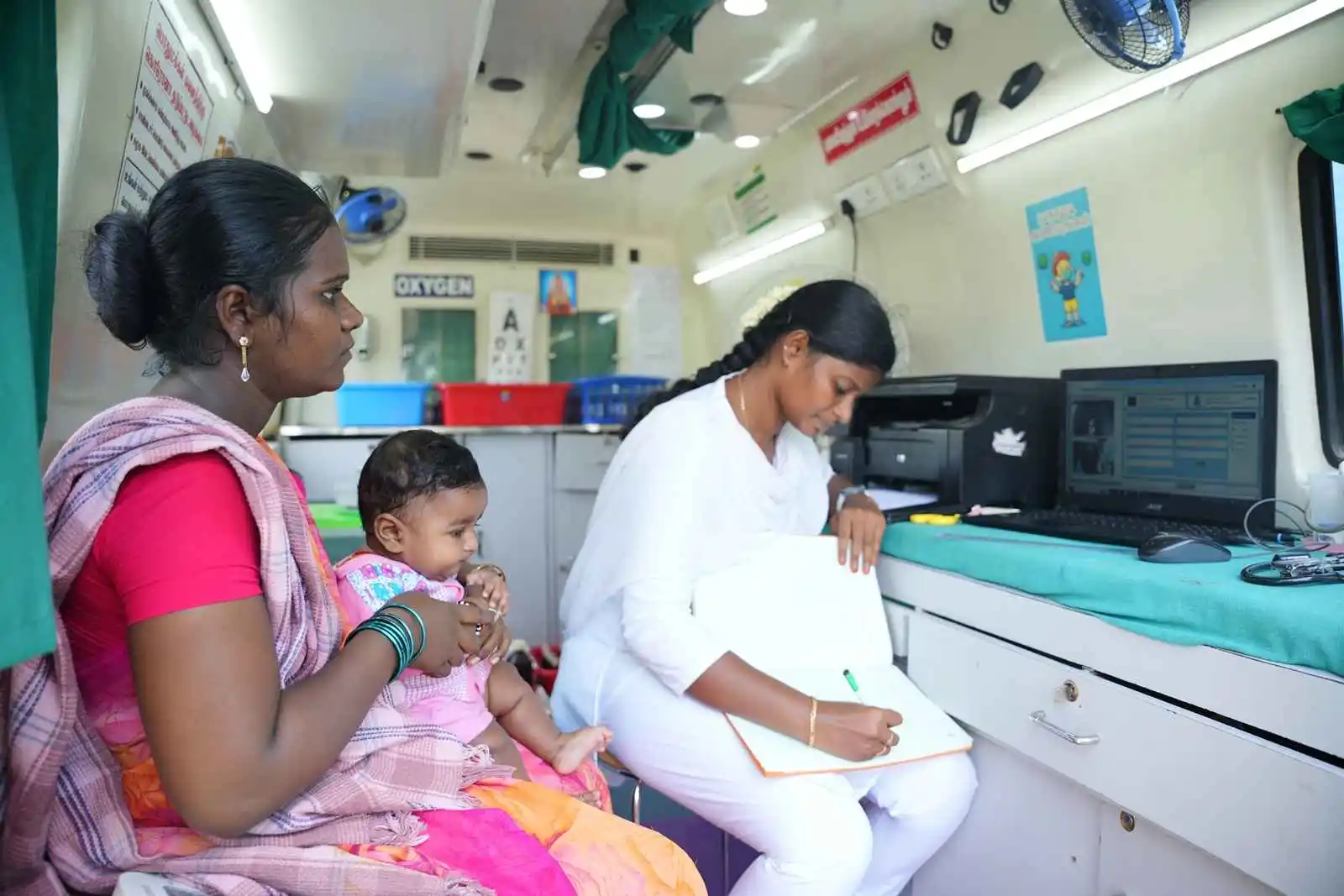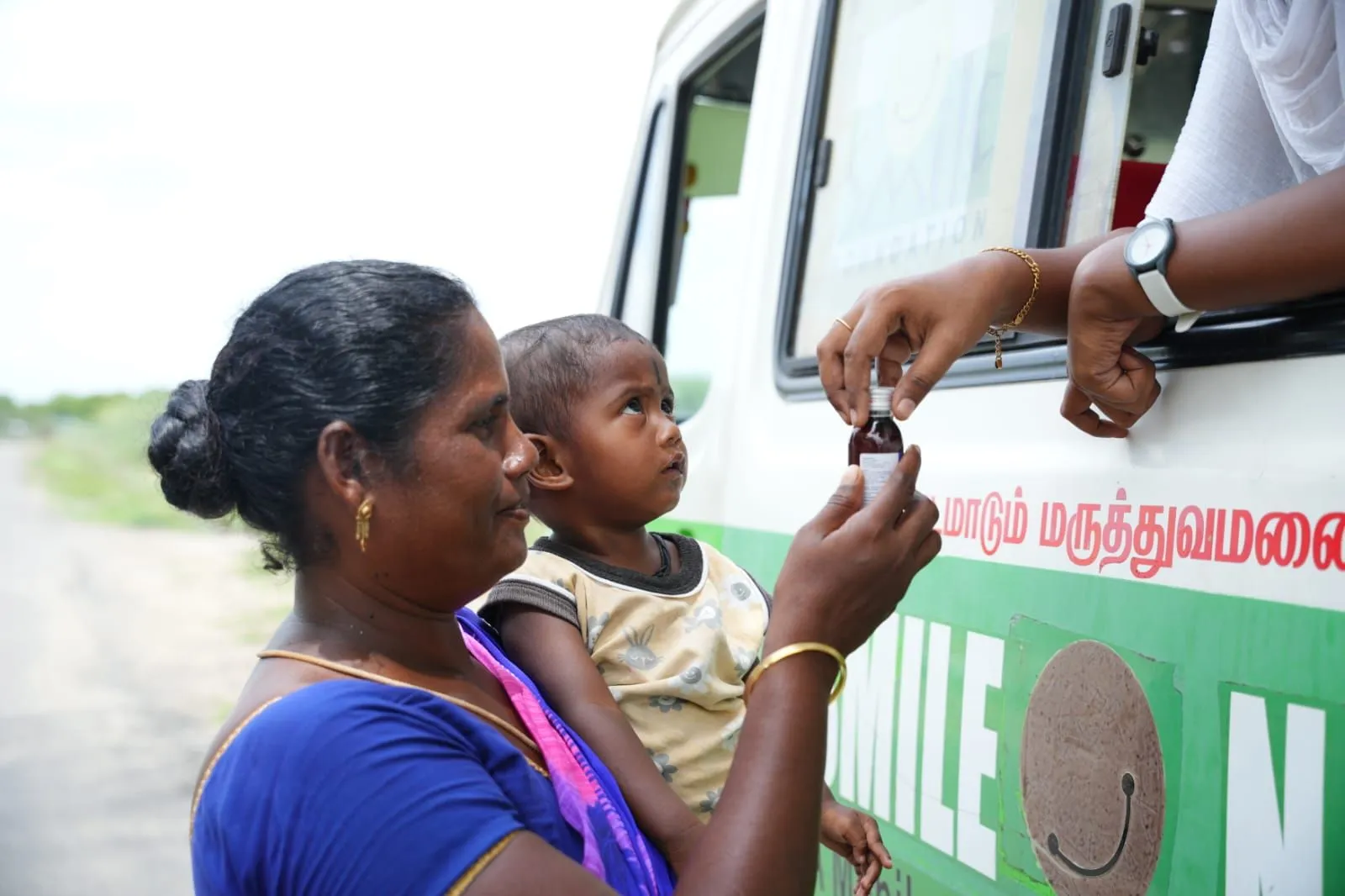For long, livelihood training has been closely linked with income generation. Youth are equipped with skills to help them earn an income. But it is time to think of livelihood training beyond income.
In India, socio-economic factors play a major role in determining livelihoods. To acknowledge this, the stakeholders (government, civil society, business) need to engage with a deeper understanding of these factors. Generating income for the family is the first and most obvious impact of this. Building entrepreneurship skills, self-esteem, and resilience must also play a part in livelihood training.
Self-esteem
If one feels that their role is more formalized, primarily through some sort of documentation, it creates a sense of self-esteem. Having the necessary skills is essential. But that cannot ensure dignity for them. A street vendor who just one day decides to start selling his products at his kiosk may feel under-confident. However, if they have documents as well as skills, their self-esteem goes up. A sense of self-esteem leads to a sense of realization that they have been able to take charge of their own lives.
Such opportunities need to be created by the stakeholders.
Entrepreneurship and resilience
Entrepreneurship is on the rise. However, youth may be becoming entrepreneurs out of necessity, more than choice. The job market is shrinking slowly, despite some industries hiring trained workers for very specific jobs. Moreover, upward mobility is limited in many such jobs, such as those in logistics and delivery.
Micro- or nano-entrepreneurs might have the will and passion. But they may not have the skills to sustain a business venture. Due to these reasons, it is important to work on sustainability of livelihood training. The first step for this is skill development and enhancement. Communication, marketing, inventory control, and financial management are all vital in sustaining a business venture. A lack of these skills stops the growth of entrepreneurs.
Developing resilience also plays a key role in building an enterprise. Livelihood is a means to build resilience, not just generate or increase income.
Community-building
Entrepreneurs from urban areas, who have access to technology and the digital space, are able to sell their products through various digital channels as well. Thus, they are able to push more volume of goods and improve on turnaround time. They are also able to acquire better understanding of the market.
Local entrepreneurs, on the other hand, have better know-how of the demands of the local market. They can tap this market through retailers. As retailers acquire products from various producers, they look for a certain level of standardization. Thus, they can groom these local entrepreneurs to mould their products, packaging, and marketing to cater to a wider market.
How livelihood training beyond income can help
Imagine there is a family that survives on the daily wages earned through menial labour. For them, having a young person in the family earning Rs 10,000-12,000 every month can make a huge difference. Contributing financially makes them responsible in other ways as well. For women or those with disabilities, a livelihood promises more than just income. It becomes a source of independence, a way of gaining power and overcoming socio-economic obstacles.









